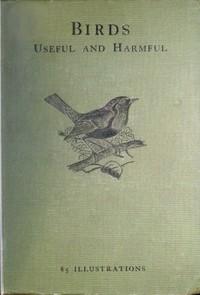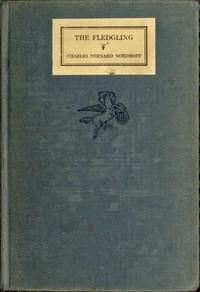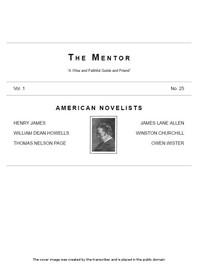Read this ebook for free! No credit card needed, absolutely nothing to pay.
Words: 13444 in 5 pages
This is an ebook sharing website. You can read the uploaded ebooks for free here. No credit cards needed, nothing to pay. If you want to own a digital copy of the ebook, or want to read offline with your favorite ebook-reader, then you can choose to buy and download the ebook.
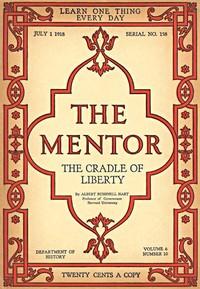

: The Mentor: The Cradle of Liberty Vol. 6 Num. 10 Serial No. 158 July 1 1918 by Hart Albert Bushnell - United States History Revolution 1775-1783 Anecdotes; Liberty History The Mentor
THE MENTOR 1918.07.01, No. 158, The Cradle of Liberty
LEARN ONE THING EVERY DAY
JULY 1 1918 SERIAL NO. 158
THE MENTOR
THE CRADLE OF LIBERTY
DEPARTMENT OF VOLUME 6 HISTORY NUMBER 10
TWENTY CENTS A COPY
LIBERTY
Liberty is older than Law, older than Government, older than the State. Liberty goes back to the Garden of Eden, where first was taught the bitter lesson that where Liberty is uncontrolled, society breaks down. The word is a splendid one, coined by the Romans, "With a great price obtained I this freedom," said the Roman centurion; "But I was free born," replied St. Paul. Liberty was in the hearts of the English colonists; Liberty rang out from the Bell of Independence Hall; Liberty is stamped upon our state and federal constitutions. For Liberty millions of men have struggled and died. Toward Liberty oppressed myriads are stretching out their hands today. Liberty is the pole-star of peoples, the hope of mankind.
"In old Faneuil, that guild temple of traders and aldermen, butchers and clerks, hucksters and civic magistrates, the spirit of the people conceived an embryonic nation."
Among early Bostonians who owned argosies and had a prosperous trade with France and England was a young bachelor named Peter Faneuil, who, like Paul Revere, was descended from Huguenot refugees. He was the heir of his uncle, Andrew Faneuil, who died in 1738 and left a large fortune. Fond of good living and hospitable, "Here's to Peter Faneuil!" was the toast often proposed above brimming bumpers. From Madeira he ordered amber wine, from London, chariots and sets of crested harness, and fine stuffs, buttons and laces. His ships carried cargoes of tobacco, black walnut, fish, stoves and general merchandise. At forty years of age he was a prince among Colonial merchants. He had, moreover, pride in Boston's advancement, and offered "at his own cost and charge" to build a market for "the use, benefit and advantage of the town." Later, the donor of the market house instructed his architect, the renowned John Smibert, to add a hall above the space given over to provisioners' stalls. In 1742 the two-story brick building was completed. When Peter Faneuil received the formal thanks of Boston, he made the prophetic response, "I hope what I have done will be for the service of the whole country." A year later he died, and was buried in the Granary Burying Ground.
The chamber over the market became the seat of public offices, and, as the Town Hall, was in demand for patriotic celebrations, debates and banquets. In 1761, all of the structure except the walls was destroyed by fire. As no benevolent townsman offered to duplicate Faneuil's gift, the selectmen were empowered to raise the necessary funds for rebuilding by holding a lottery. "Faneuil Hall Lottery Tickets" bore the signature of John Hancock, then a young politician of promise. In 1763 the reconstructed Town Hall was ready for occupancy. It was this rebuilt meeting-place that became the forum of free speech in Boston, the Altar of Liberty from which rose the flame that "roused a depressed people from want and degradation. Here those maxims of political truth which have extended an influence over the habitable globe, and have given rise to new republics, were first promulgated."
Free books android app tbrJar TBR JAR Read Free books online gutenberg
More posts by @FreeBooks
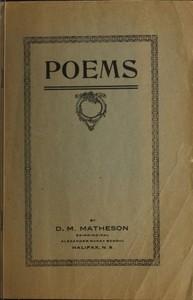

: Birds useful and birds harmful by Herman Ott Owen J A Jean Allan Cs Rgey Titusz Illustrator - Birds
